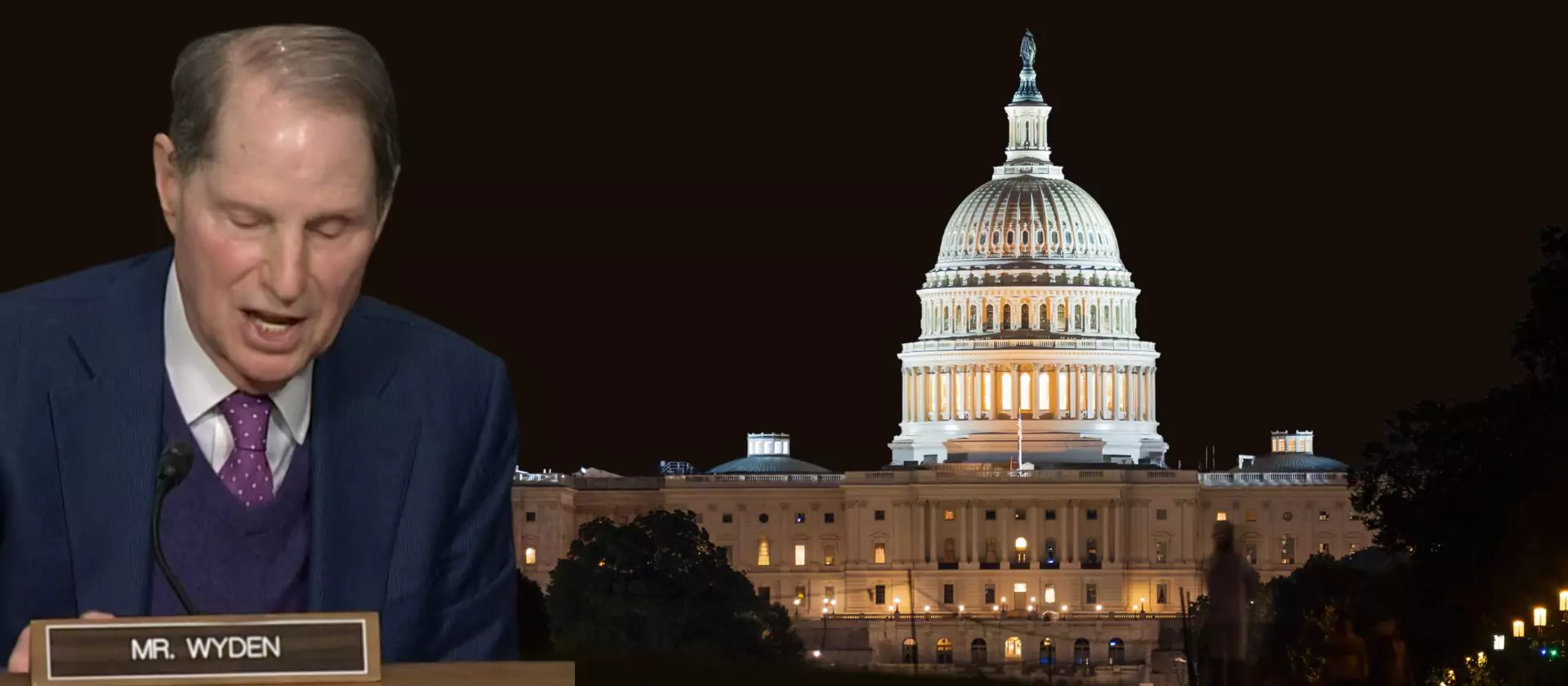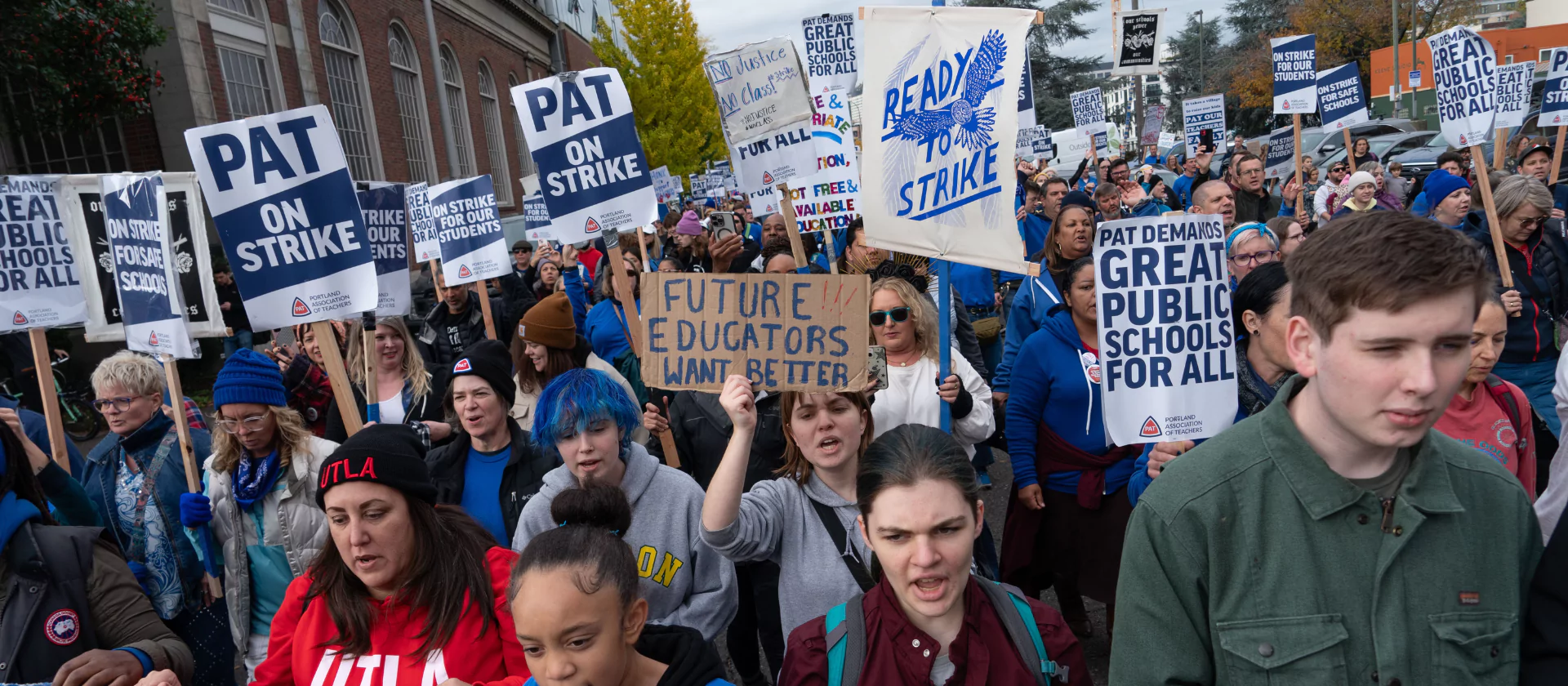[A version of this commentary first appeared in The Statesman Journal.]
Whose taxes do big corporations care about — yours or theirs?
As Election Day nears, three of the nation’s largest corporations are attempting to scare Oregonians into voting for a ballot measure whose real purpose is to protect their bottom line, not the wallets of working families.
The corporate backers of Measure 103 are spending millions of dollars in an effort to mislead the public into believing that someone is threatening to tax their groceries.
That’s a far cry from the truth. As the City Club of Portland explained in a thorough study of Measure 103, “Despite repeated requests for evidence of specific attempts to tax groceries, no information was provided by supporters.” Indeed, they would be hard-pressed to provide any evidence.
If the purpose of this measure were to prevent tax proposals that would fall harder on low- and middle-income Oregonians, the Oregon Center for Public Policy would support it. We have long fought against regressive tax proposals. But that’s not the goal of the measure.
So what’s really going on here? To answer that, it helps to heed the advice said to have been offered during the Watergate investigation: follow the money.
Just about all of the money behind Measure 103 has come from three corporations listed on the Fortune 500. In terms of revenue, Costco is the nation’s 15th biggest corporation. Kroger is 17th and Albertsons is 53rd.
In putting their money to work on Measure 103, these corporations are aiming to do what corporations normally do: maximize profits. And one way corporations do that is by devising clever ways to avoid paying their fair share of taxes.
Measure 103 is about shielding the grocery industry and its biggest corporations from new taxes they can well afford to pay — revenue that could be invested to improve our schools, strengthen health-care coverage, and make housing more affordable. This measure would even exempt corporations in the grocery industry from paying any increase in the Oregon’s very modest corporate minimum tax, which right now is just a pittance compared to the money corporations make in Oregon.
Not only would the measure create a carve-out for the grocery industry, it would embed this tax exemption into the Oregon Constitution. This would make it exceedingly difficult to remove or alter, effectively locking in this tax advantage for the grocery industry for the foreseeable future.
In their zeal to shield themselves from contributing fairly to the common good, the corporate giants backing Measure 103 also threaten to wreak havoc on Oregon’s tax system. The language of the measure is vague and potentially far-reaching. What’s clear is that the measure would undermine the ability of legislators to manage the state budget for the benefit of all Oregonians.
Ultimately, Measure 103 would make efforts to reform Oregon’s corporate income tax more difficult by preemptively giving preferential status to three of the biggest corporations in America.
This November, reject this cynical effort to change Oregon’s constitution for the benefit of these corporations by voting “no” on Measure 103.







